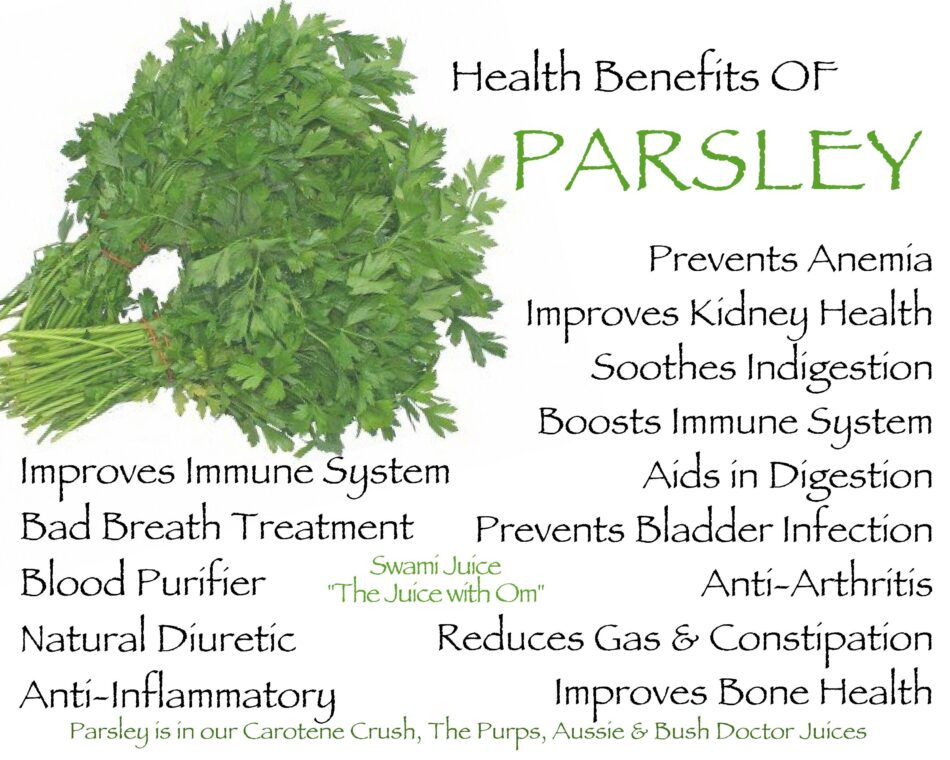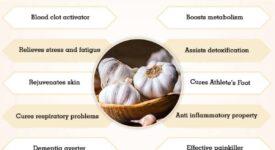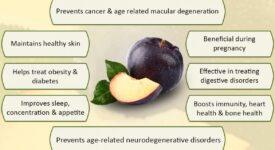Parsley is an essential element in many traditional herbal remedies. It has been used to treat various illnesses, such as kidney and liver issues.
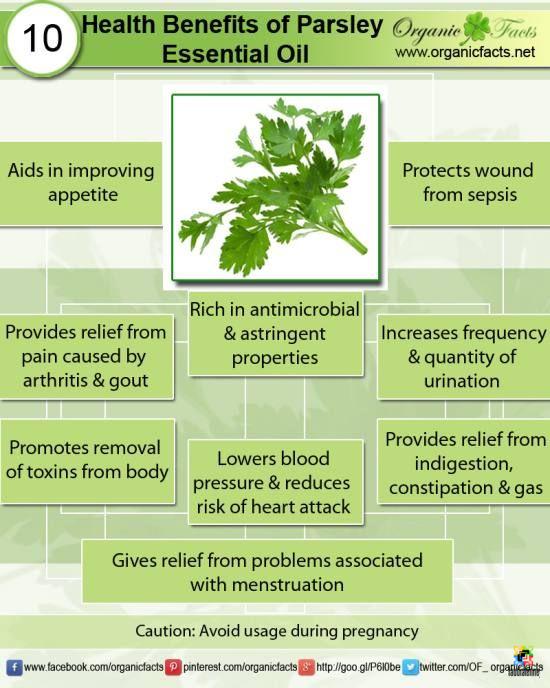
Parsley contains several plant compounds that fight against oxidative stress and free radicals, helping to prevent cancerous growths as well as other chronic illnesses.
Antioxidants
Parsley is an excellent source of antioxidants, which aid in fighting diseases and slowing down aging. Plus, it contains vitamin A which improves eye health by decreasing the risk of cataracts.
Parsley contains vitamin C, an effective antioxidant which helps strengthen immunity. Additionally, it supports digestive health by increasing fullness for longer.
Another beneficial nutrient in parsley is folate, which aids in the conversion of homocysteine in the blood. This nutrient is essential for cardiovascular health as it lowers your risk for heart disease.
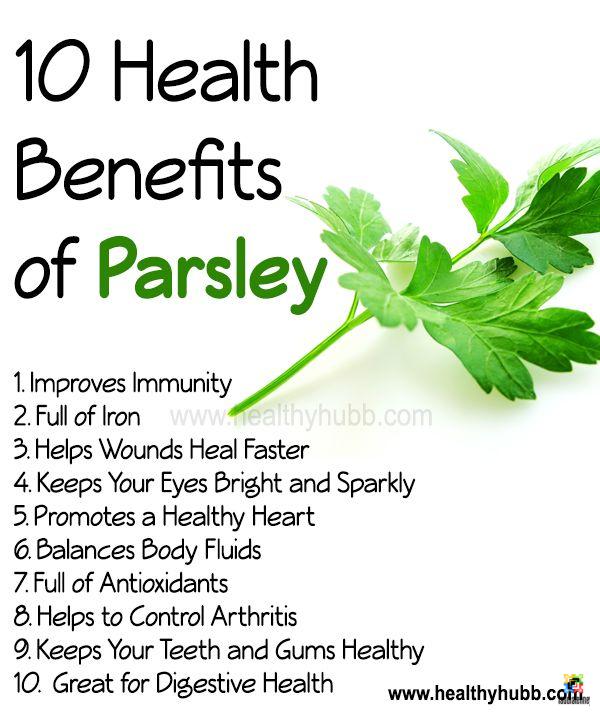
It may also strengthen bone health and shield against chronic diseases like cancer, diabetes, and arthritis. Plus, it provides a great source of vitamin K – essential for building and maintaining strong bones.
Vitamin A
Parsley is an excellent source of vitamin A, which supports healthy eyesight and immune system functioning. Furthermore, it contains beneficial nutrients that fight oxidative stress.
It is an excellent source of calcium, copper, zinc and folate – all essential for bone health. Furthermore, it has low calories and a pleasant flavor that blends well with other herbs.
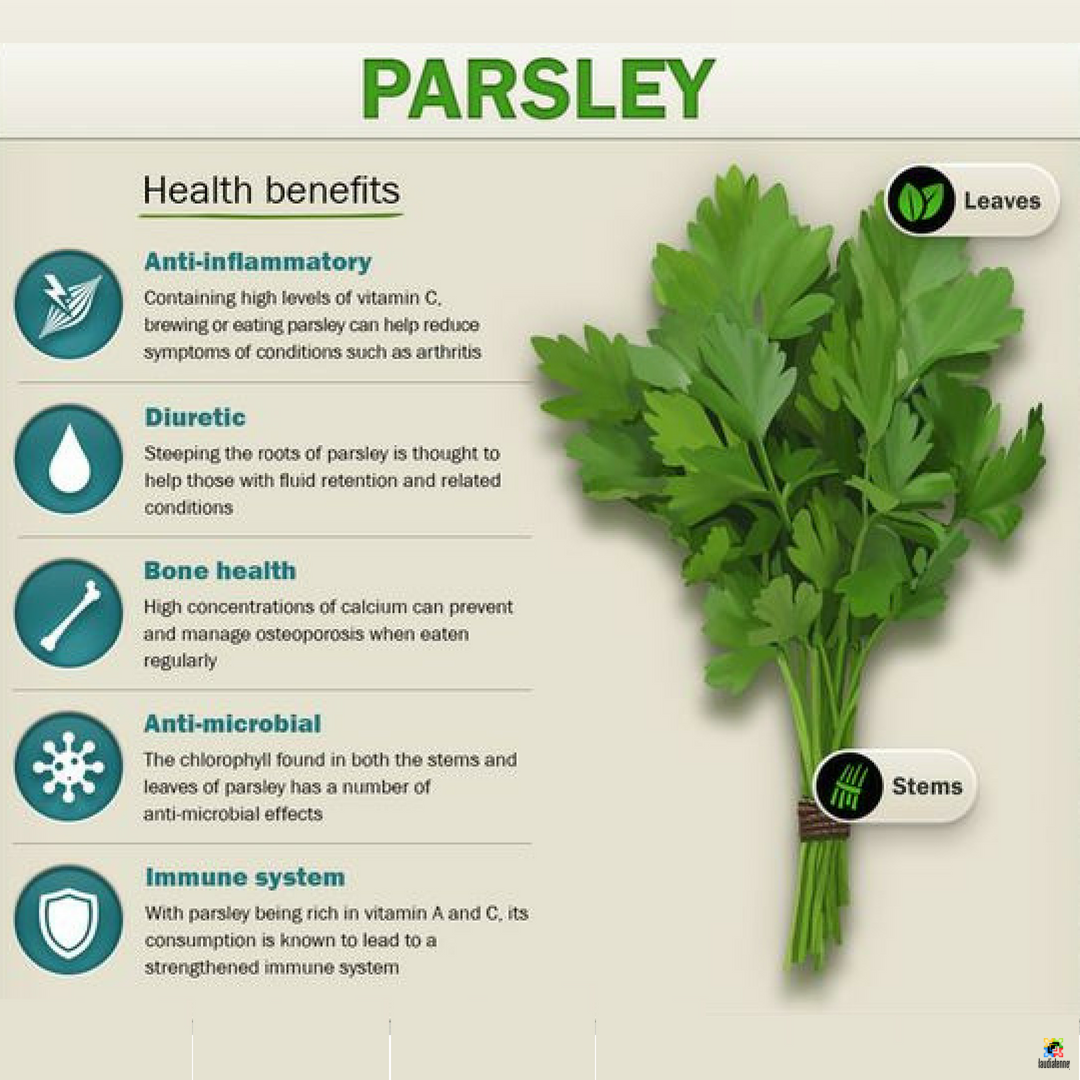
However, it contains a small amount of naturally occurring oxalates which are toxic for those with kidney stones or gout. Therefore, it’s best to steer clear of this herb altogether if you suffer from these conditions.
Parsley contains carotenoid antioxidants linked to reduced heart disease risk factors like inflammation and high blood pressure. Furthermore, it acts as a natural diuretic, helping treat recurrent urinary tract infections (UTIs).
Vitamin C
Parsley is an excellent source of vitamin C, an important immune booster. Additionally, it helps keep blood vessels strong and elastic so as to reduce the risk of artery-clogging diseases like heart disease.
This herb is packed with folic acid, which can improve heart health by lowering blood homocysteine levels. Furthermore, it contains flavonoids – powerful antioxidants that help prevent the formation of inflammatory substances.
For optimal results when cooking, always cook soups and stews over low heat. High-heat methods like grilling or stir-frying will destroy luteolin and apigenin in parsley, meaning you won’t receive as many benefits from its antioxidants.
Vitamin K
Parsley is an excellent source of vitamin K, which is necessary for blood clotting and bone health. Additionally, it contains other vital nutrients like calcium, phosphorus, and magnesium that support strong bones.
Parsley contains vitamin K, which has antioxidants which may protect against disease. Antioxidants are compounds which shield cells from free radical damage caused by free radicals.
Parsley contains Vitamin A, which supports eye health and reduces your risk for age-related macular degeneration (AMD). This disease impairs central vision and may ultimately result in blindness.
Parsley is also packed with vitamin C and folate, two vital nutrients for cardiovascular health. Folate helps lower homocysteine levels in the blood, which could potentially lead to coronary issues.
Folate
Parsley is an excellent source of vitamin K and folic acid, two vitamins essential for healthy bones and eyes. Furthermore, it contains high amounts of flavonoids – antioxidants which may help prevent the onset of inflammatory diseases like rheumatoid arthritis.
Lutein, another component of this plant compound, can inhibit cancer growth and has anti-tumor properties in animal studies. This nontoxic plant compound was particularly successful at shrinking breast cancer tumor sizes.
Folate is essential for heart health as it helps turn homocysteine into benign molecules, decreasing the risk of cardiovascular disease. High levels of homocysteine have been linked to an increased risk of heart disease.

